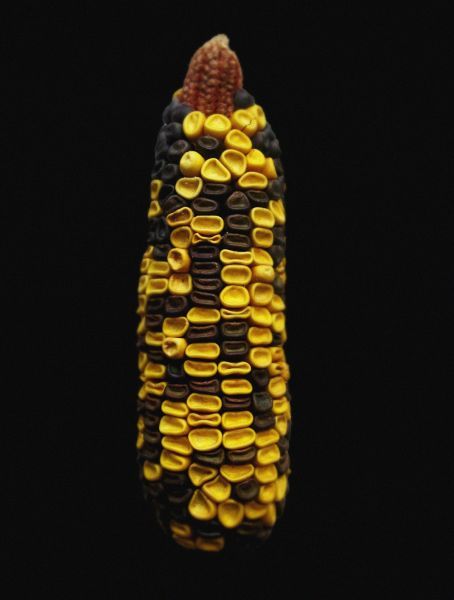Biologists from Adam Mickiewicz University have discovered a universal mechanism controlling crossover – the exchange of DNA between chromosomes. Previously thought to be specific to Arabidopsis, the phenomenon has now been confirmed in maize. This opens new possibilities for plant breeding: combining beneficial traits more quickly, without genetic engineering.
The team of Prof. Piotr Ziółkowski, in collaboration with researchers from Moldova, has published these groundbreaking findings in Nature Plants. The researchers showed that in both Arabidopsis and maize, heterozygous chromosome segments flanked by homozygous regions exhibit up to a threefold increase in crossover frequency – a key step in meiosis.
Until now, this effect was believed to be unique to the self-pollinating Arabidopsis. Its presence in maize – a naturally cross-pollinating species with a large genome – suggests that this may be a universal mechanism in plants.
The practical impact is immense: breeders can now steer crossover to chosen genome regions without genetic engineering and without risking chromosome missegregation. This paves the way for faster combination of desirable traits such as disease resistance and high yield in new crop varieties.
Nature Plants article: https://www.nature.com/articles/s41477-025-02085-8
Photos: Mikhail E. Mikhailov (Moldova State University, Chișinău)
Graphic design: Julia Ziółkowska






